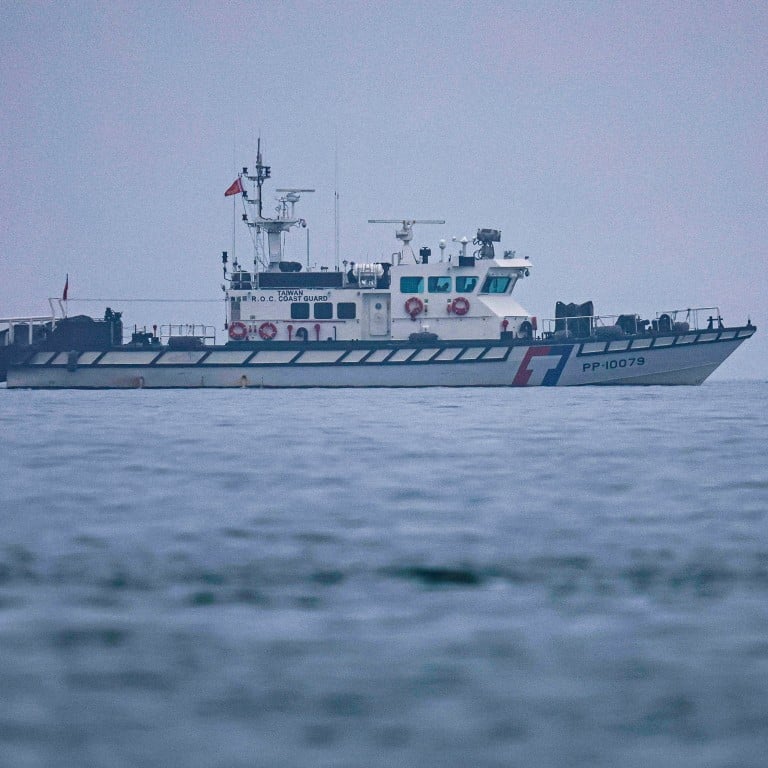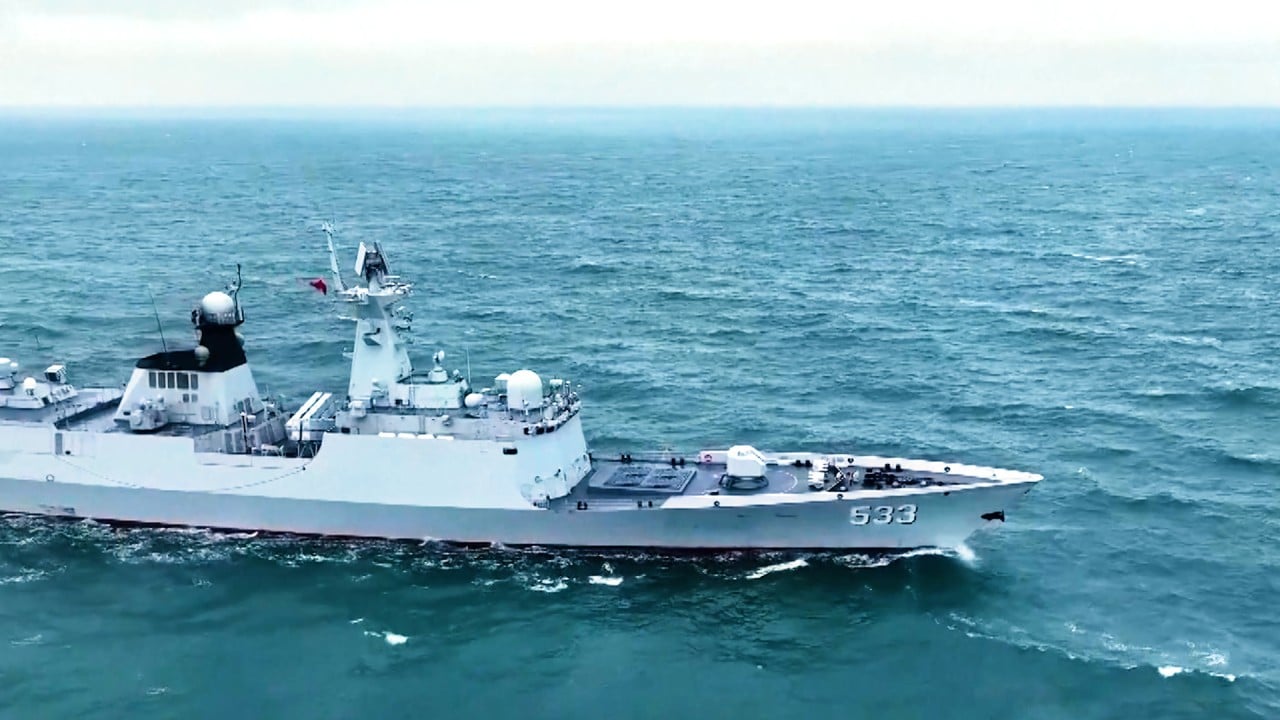
Australian diplomat says war over Taiwan would make world ‘a radically different place’
- Kevin Rudd, Australian envoy to Washington, said whether Beijing acts will depend on its perception of the strength of US deterrence
Australia’s ambassador to the United States, Kevin Rudd, cautioned in a speech that the global consequences of a war over Taiwan would be as great as the impact of the second world war, making the world “a radically different place”.
If Chinese President Xi Jinping, who turns 71 this month, wanted to achieve reunification of Taiwan he would likely act in the next decade before he reaches his 80s, Rudd said in a speech in Honolulu on Thursday.
The US has expressed concern about Chinese military activity near democratically governed Taiwan, including after the island’s presidential election and the inauguration of President William Lai Ching-te last month. Mainland China has warned the US should not interfere in Beijing’s affairs with Taiwan.
Beijing sees Taiwan as part of China to be reunited by force if necessary. While many nations, including the US, do not officially acknowledge Taiwan as an independent state, they oppose any use of force to alter the existing status quo.
Taiwan and the US have no official diplomatic relationship, as Washington formally recognises Beijing but is bound by law to provide Taiwan with the means to defend itself and is the island’s most important international backer.
“We would be foolish to ignore the increasing clarity of China’s military signalling, including the pattern of its most recent military exercises,” said Rudd, who was twice Australia’s prime minister in the previous decade.
Whether China acts will depend on its perception of the strength of US deterrence, he said.
The US recognised that if China was successful in annexing Taiwan it would impact US credibility and have “profound, and potentially irreversible effect on the perceived reliability of US alliances worldwide”, he said.
The US, mainland China and Taiwan have a common interest in avoiding open military confrontation on the future of Taiwan, said Rudd, a China scholar who was president of the Asia Society in New York until last year.
“The economic costs, domestic political impacts, and unknowable geostrategic consequences that such a war would generate would likely be of an order of magnitude that we have not seen since the second world war,” he said.
“Whatever the outcome [an American victory, a Chinese victory, or a bloody stalemate], the world is likely to become a radically different place after such a war than it was before.”


